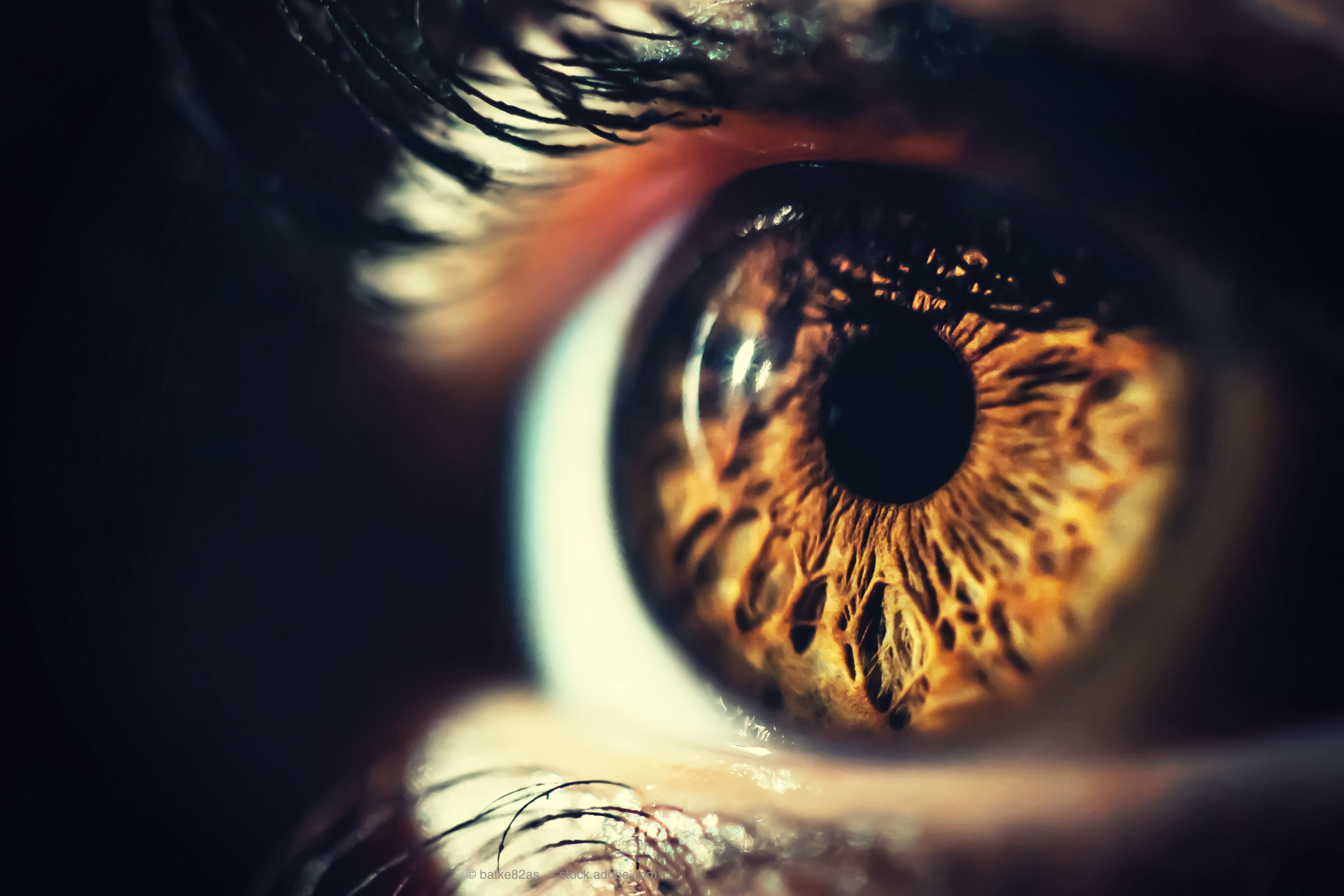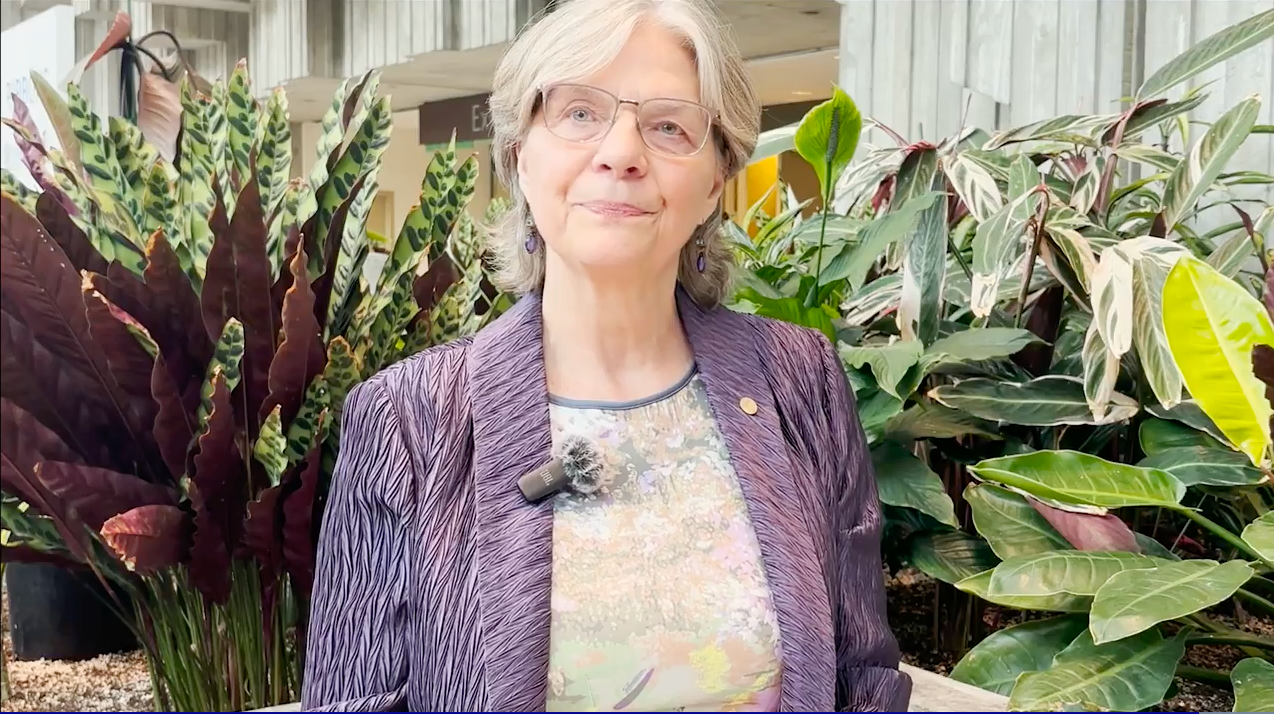Ranibizumab, aflibercept safe for treating DME over 3 years, analysis finds
All data were collected in the Fight Retinal Blindness! Registry.

Pierre-Henry Gabrielle, MD, PhD, from The University of Sydney, Sydney Medical School, Discipline of Ophthalmology, Save Sight Institute, New South Wales, Australia, and the Department of Ophthalmology, Dijon University Hospital, Dijon, France, and colleagues from other European and Australian institutions reported that a comparison of ranibizumab (Lucentis, Genentech) and aflibercept (Eylea, Regeneron Pharmaceuticals) showed that both drugs safe and effective for treating diabetic macular edema (DME).1
The investigators retrospectively analyzed treatment-naive eyes with DME in which intravitreal treatment with either of the 2 medications (ranibizumab 0.5 mg or aflibercept 2 mg) began between January 1, 2013, and December 31, 2017. All data were collected in the Fight Retinal Blindness! Registry.
Analysis findings
A total of 534 eyes of 402 patients were included. Ranibizumab was injected intravitreally into 267 eyes and aflibercept into 267 eyes.
In this real-world observational study, data showed that the longitudinal adjusted visual acuity change over the 3-years period between ranibizumab and aflibercept using all eyes differed significantly different (p<0.001).
However, the investigators believe that this was the result of the significantly larger gains achieved with aflibercept in the first 12 months.
“The adjusted visual acuity change at 3 years after this initial superiority had diminished was similar,” they said, i.e., adjusted visual acuity change +1.6 (−0.1 to 4.2) letters for ranibizumab compared with +2.4 (−0.2 to 5.1) letters for aflibercept.
However, the adjusted mean changes in the central subfield thickness (CST) remained significantly (p<0.01) different throughout the 3-year period in favor of aflibercept, i.e., −87.8 microns (range, −108.3 to −67.4 microns for ranibizumab) compared with −114.4 microns (range, −134.4 to −94.3 microns for aflibercept).
The investigators also reported that when patients had moderate baseline visual impairment (visual acuity ≤68 Early Treatment Diabetic Retinopathy Study letters), the vision improved faster in eyes treated with aflibercept up until 18 months of treatment compared with eyes treated with ranibizumab, which then stayed similar until 36 months of treatment.
No difference was observed in patients with mild baseline visual impairment (visual acuity ≥69 Early Treatment Diabetic Retinopathy Study letters).
They concluded, “Aflibercept and ranibizumab were both safe and effective for DME over 3 years in daily practice, although aflibercept had better anatomical outcomes. The faster and larger visual gains at 1 year observed in eyes treated with aflibercept when the presenting visual impairment was moderate (visual acuity ≤68 letters or 20/50) were no longer significant by 18 months as already described in a [randomized clinical trial, RCT].The medium-term real-world treatment outcomes of ranibizumab or aflibercept for DME seemed to be somewhat inferior to those reported in RCTs.”
Reference
1. Gabrielle PH, Nguyen V, Creuzot-Garcher C, et al. Three-year treatment outcomes of aflibercept versus ranibizumab for diabetic macular edema. Data from the Fight Retinal Blindness! Registry. Retina. 2022;42:1085-94; doi: 10.1097/IAE.0000000000003428




.png&w=3840&q=75)










